389 Directory Server
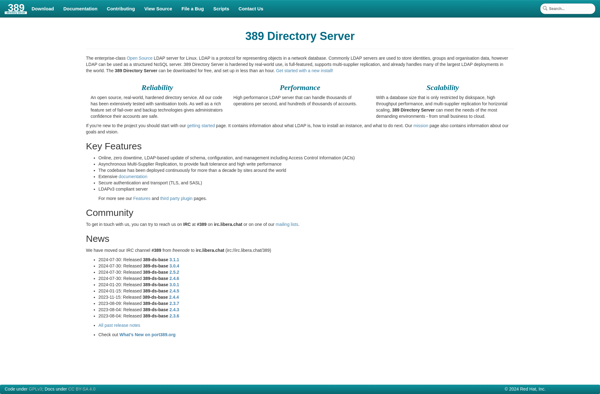
389 Directory Server: Open Source Enterprise-Class LDAP Server
389 Directory Server is an open source enterprise-class LDAP server developed by Red Hat. It is fast, scalable, and robust, supporting a wide range of LDAP clients with features like multi-master replication, security, and administrative controls.
What is 389 Directory Server?
389 Directory Server is an enterprise-class open source Lightweight Directory Access Protocol (LDAP) server developed and maintained by Red Hat. It provides a foundation for centralized authentication and authorization for enterprise systems and applications.
Key features of 389 Directory Server include:
- Standards compliance with LDAP, LDAPS, StartTLS, etc.
- High performance and scalability to handle a large number of concurrent connections and operations
- Multi-master replication for high availability and load balancing
- Advanced security options like access control, password policies, encryption, etc.
- Extensive monitoring, logging, and troubleshooting capabilities
- GUI admin console and command-line utilities for management and configuration
- Backwards compatibility with Fedora Directory Server and Netscape Directory Server
389 Directory Server can integrate with existing systems and scale up to serve enterprises of all sizes. It is a robust, flexible, and cost-effective solution for centralized identity and access management based on open standards.
389 Directory Server Features
Features
- LDAP server
- Multi-master replication
- Access control policies
- Password policies
- Account lockout
- Logging and monitoring
- CLI and web-based admin tools
- Integration with SSSD and IPA
- Schema management
- Database backends like LMDB and Berkeley DB
Pricing
- Open Source
Pros
Cons
Official Links
Reviews & Ratings
Login to ReviewThe Best 389 Directory Server Alternatives
Top Network & Admin and Directory Services and other similar apps like 389 Directory Server
Here are some alternatives to 389 Directory Server:
Suggest an alternative ❐Microsoft Active Directory
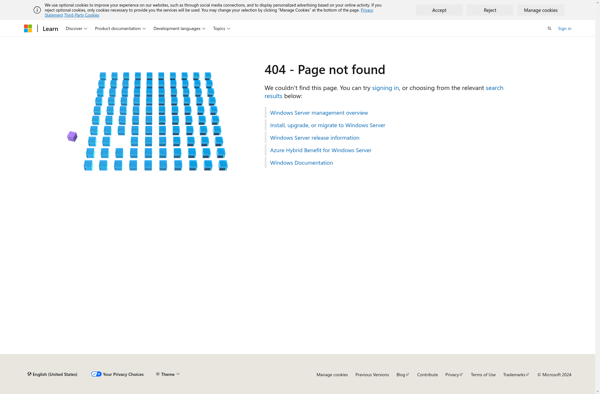
FreeIPA
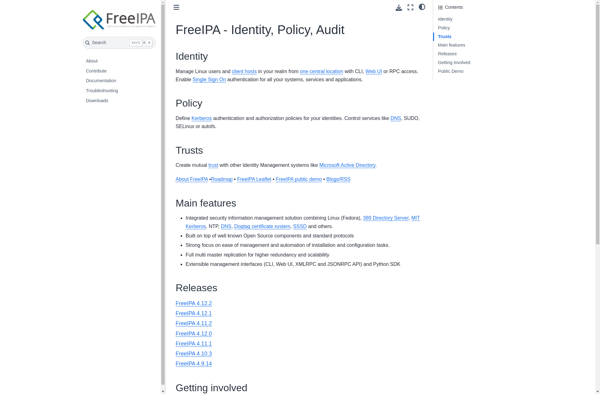
OpenLDAP
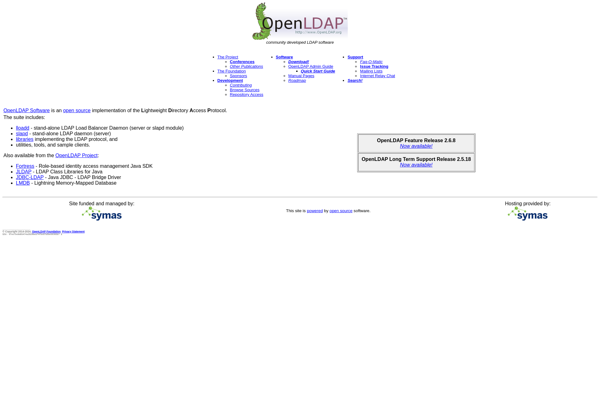
RazDC
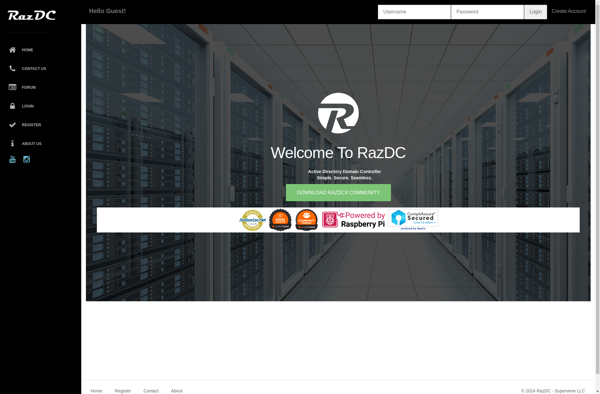
GLAuth
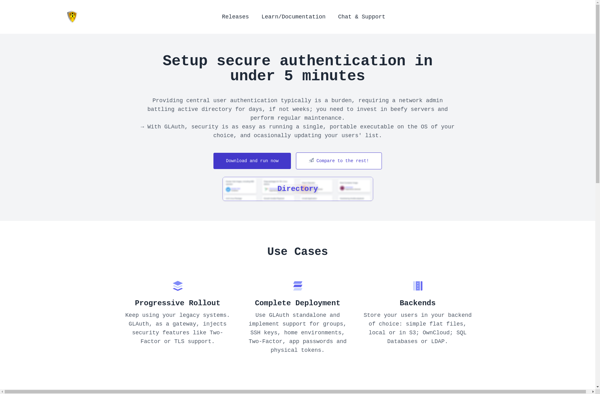
SambaBox

ApacheDS
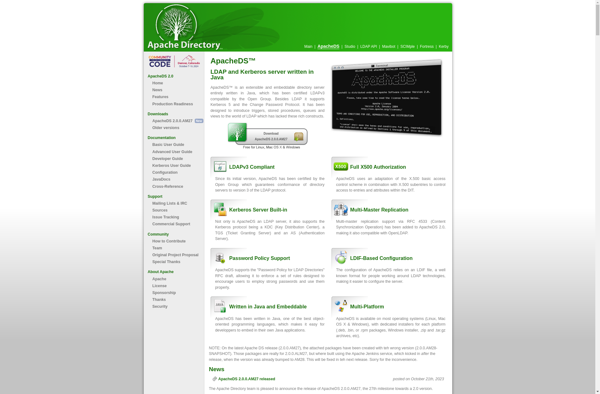
OpenDJ
